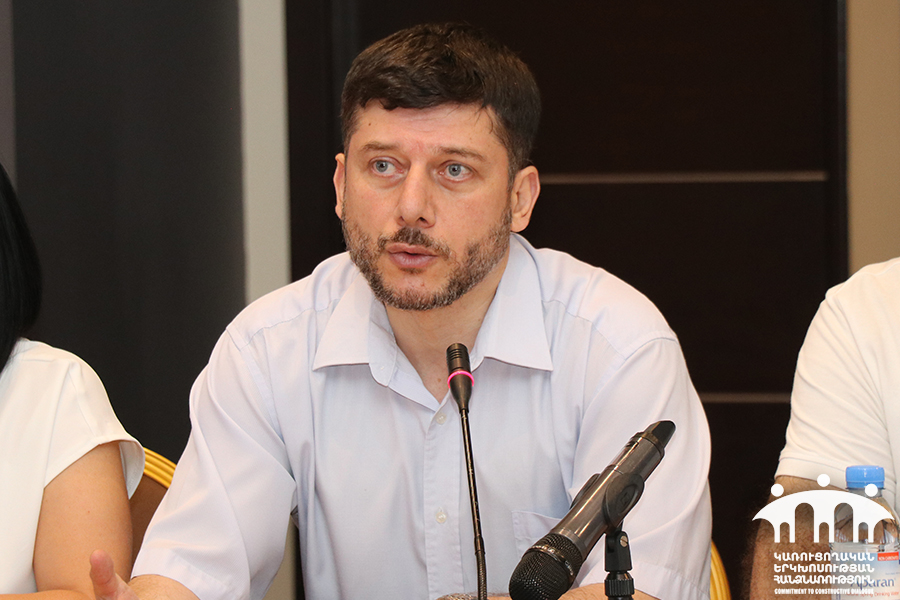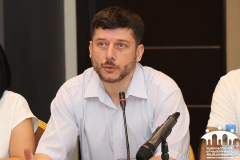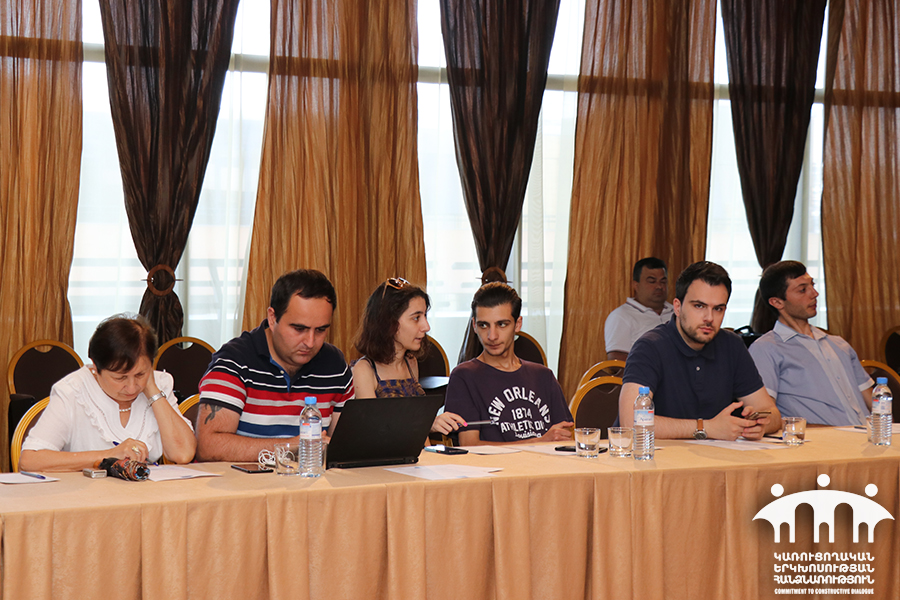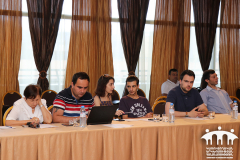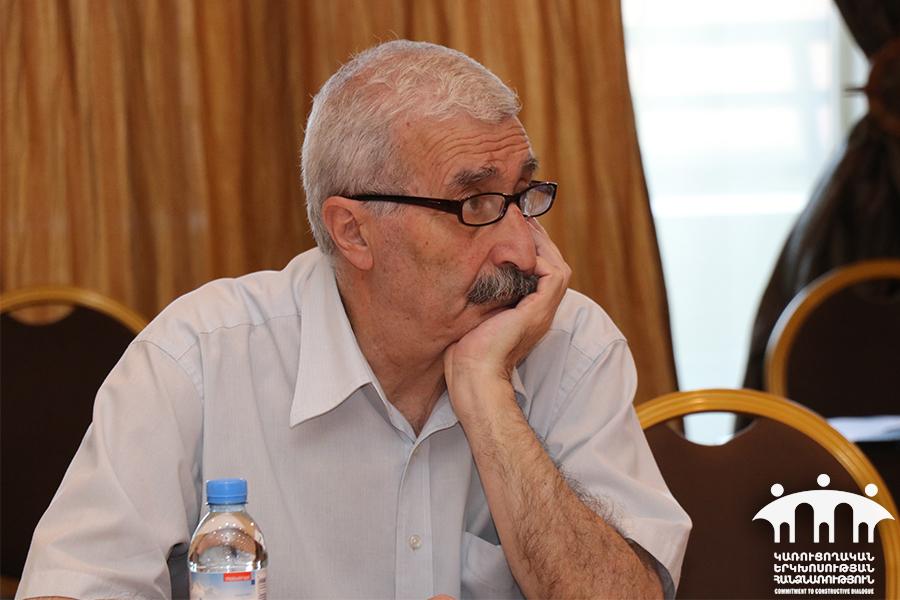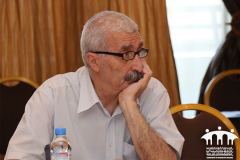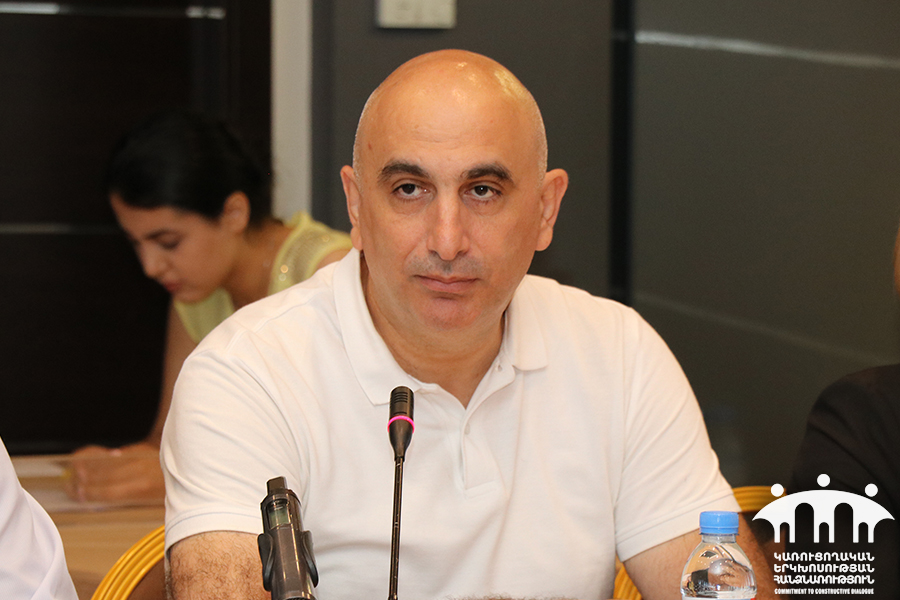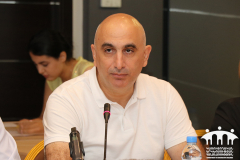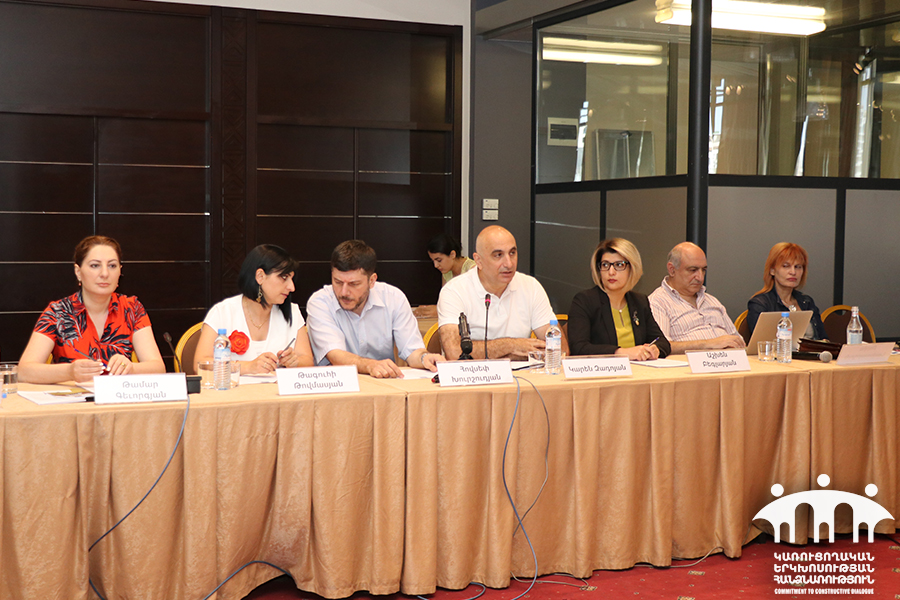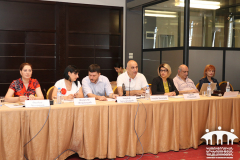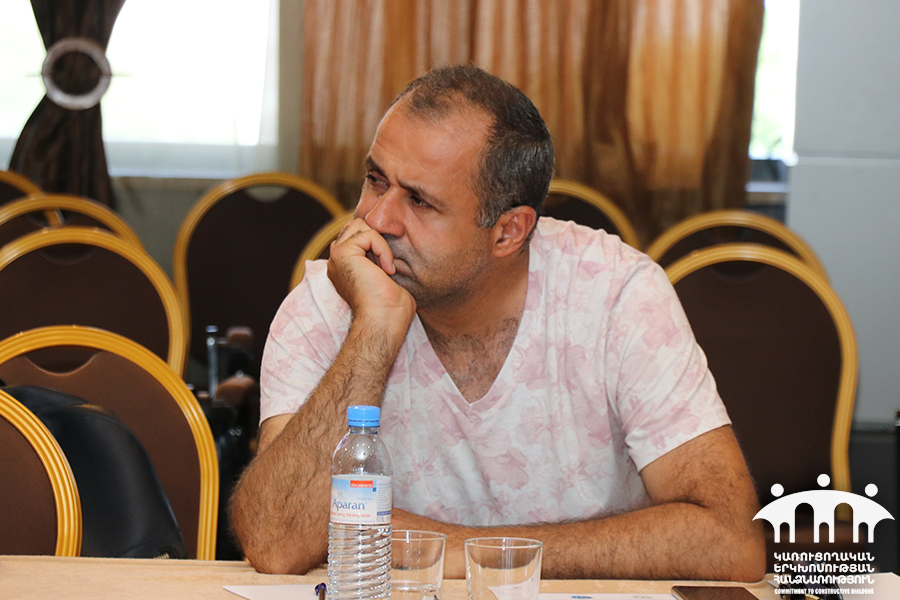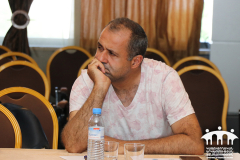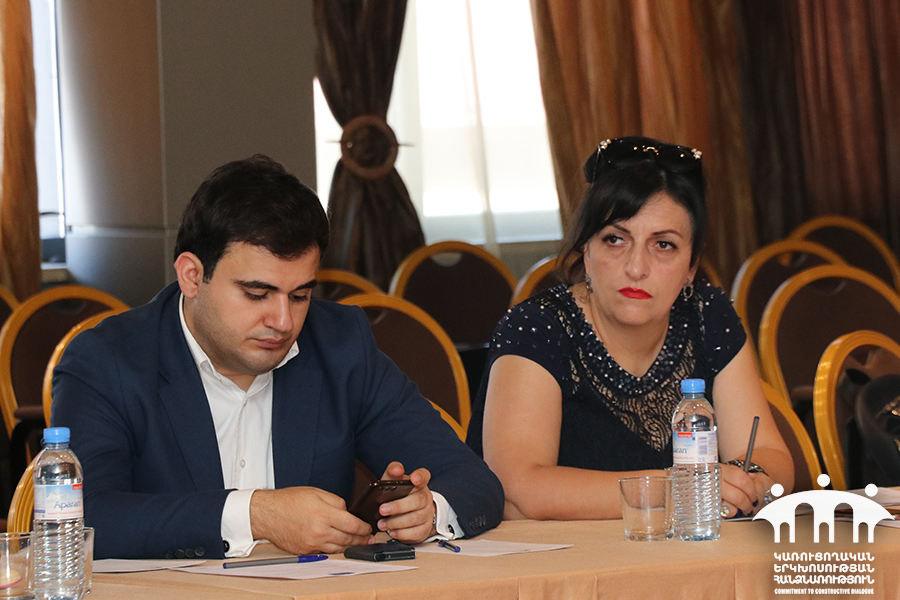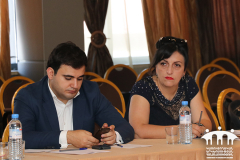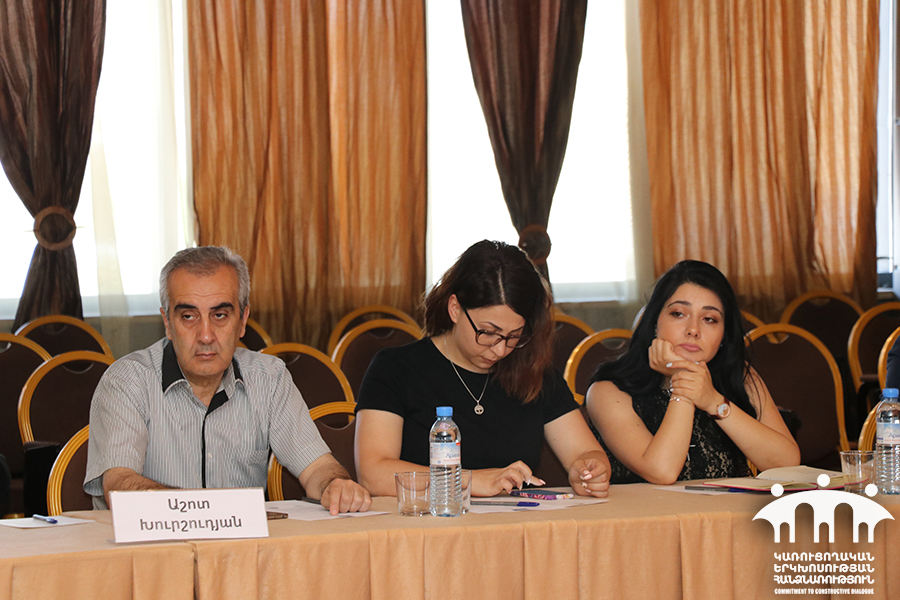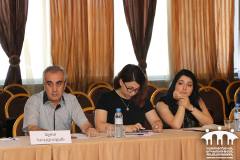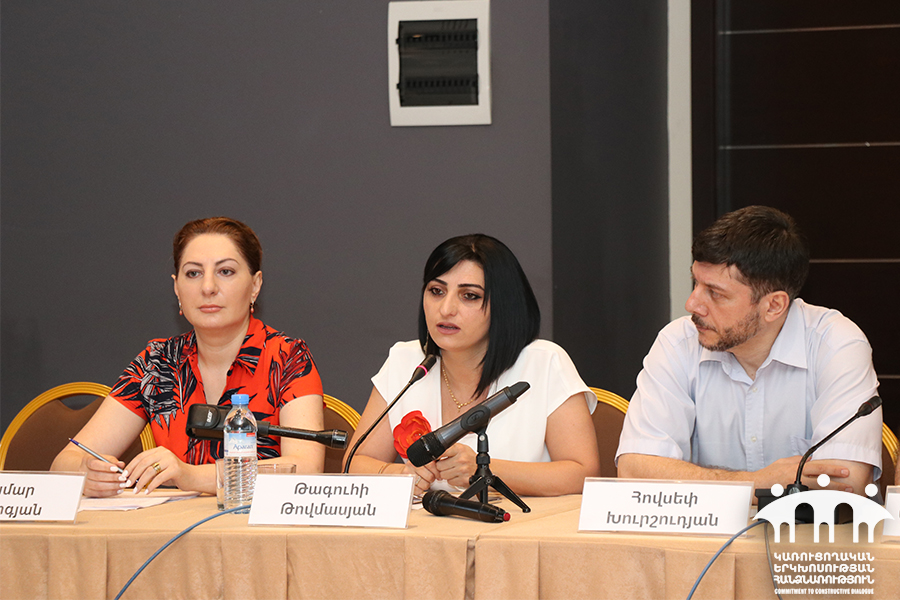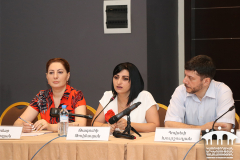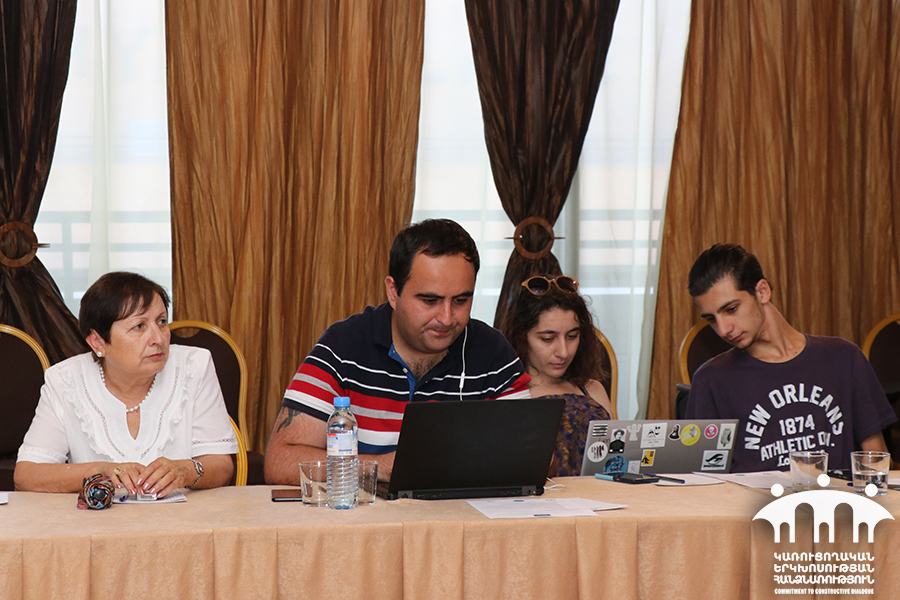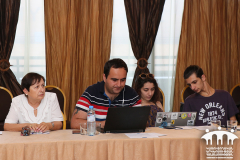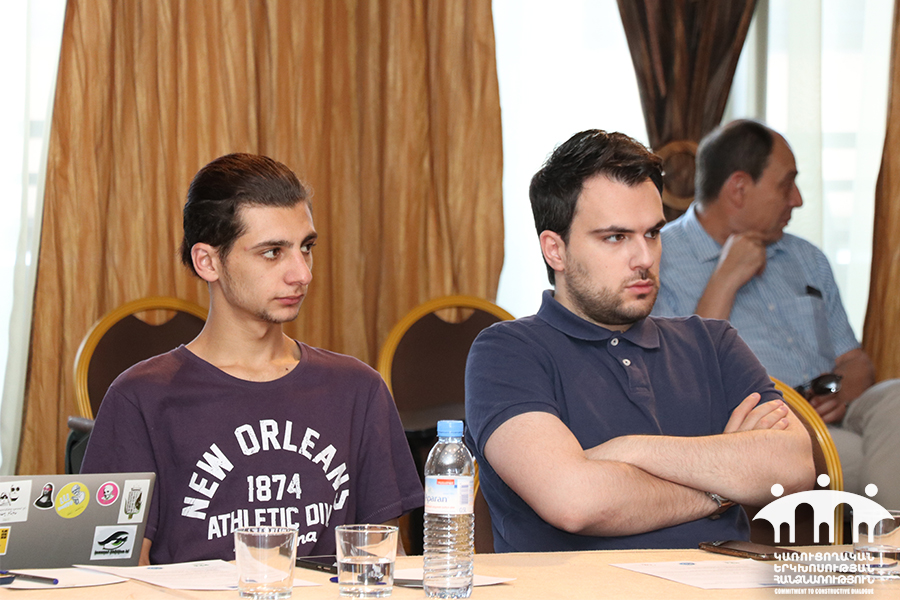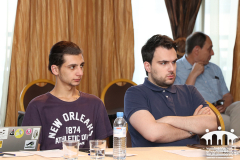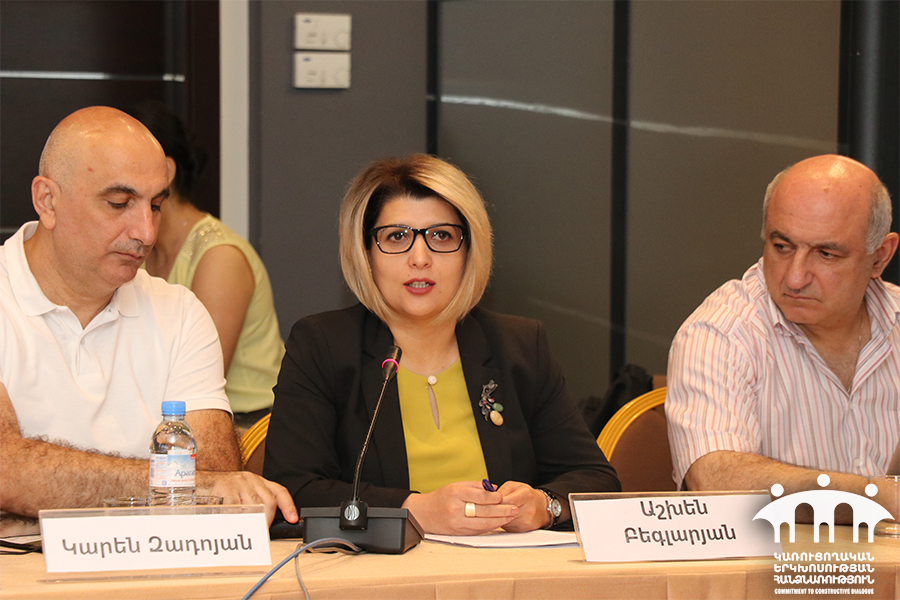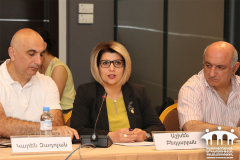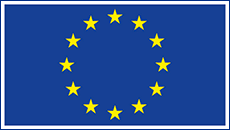
On 28 June, the “Free Citizen” Civil Initiatives Support Centre NGO organized a conference “For Overcoming Radicalization, Xenophobia and Hatred among the Youth of Armenia”. The Conference was organised within the framework “For Overcoming Radicalization, Xenophobia and Hatred among the Youth of Armenia” sub-grant project implemented in the scope of the EU funded Commitment to Constructive Dialogue Project.
“After the revolution, we saw the danger that hate speech has dramatically increased in Armenia, unfortunately. We pointed out four main directions through which we should try to understand the causes and the dimensions of hate speech and its advocacy. It is noticeable that the volume hate speech has grown in the political sphere; in addition hatred against the sexual minorities had increased as well, which was also associated with the intentions of certain political forces. There is also a hate speech in the religious sphere, in the ethnic cultural sphere,” Mr. Hovsep Khurshudyan, the Project Manager said. He mentioned that as a result of these cases of violence and even cases of murders are registered.
Mr Karen Zadoyan, CCD Project Manager, President of the Armenian Lawyers’ Association highlighted the research work carried out within the framework of the project, as well as the recommendations to influence public policies. “We are convinced that after summarizing the results of this conference, the proposals will be more systematically presented to the public and to the competent authorities, and as a result of consensus, they can overcome these problems. Of course, it is very difficult, but the efforts to overcome this need to be combined and started right now,” Karen Zadoyan said.
Notably, the Armenian media and social networks were monitored within the framework of the program having the aim to find out the published materials containing hate speech and the nature of this hate speech.
The target group included 15 to 30-year-old individuals who posted comments on the social networks. The period between June 2018 and April 2019 was chosen chronologically,
Project Expert Tamar Gevorgyan presented the results of the study.


